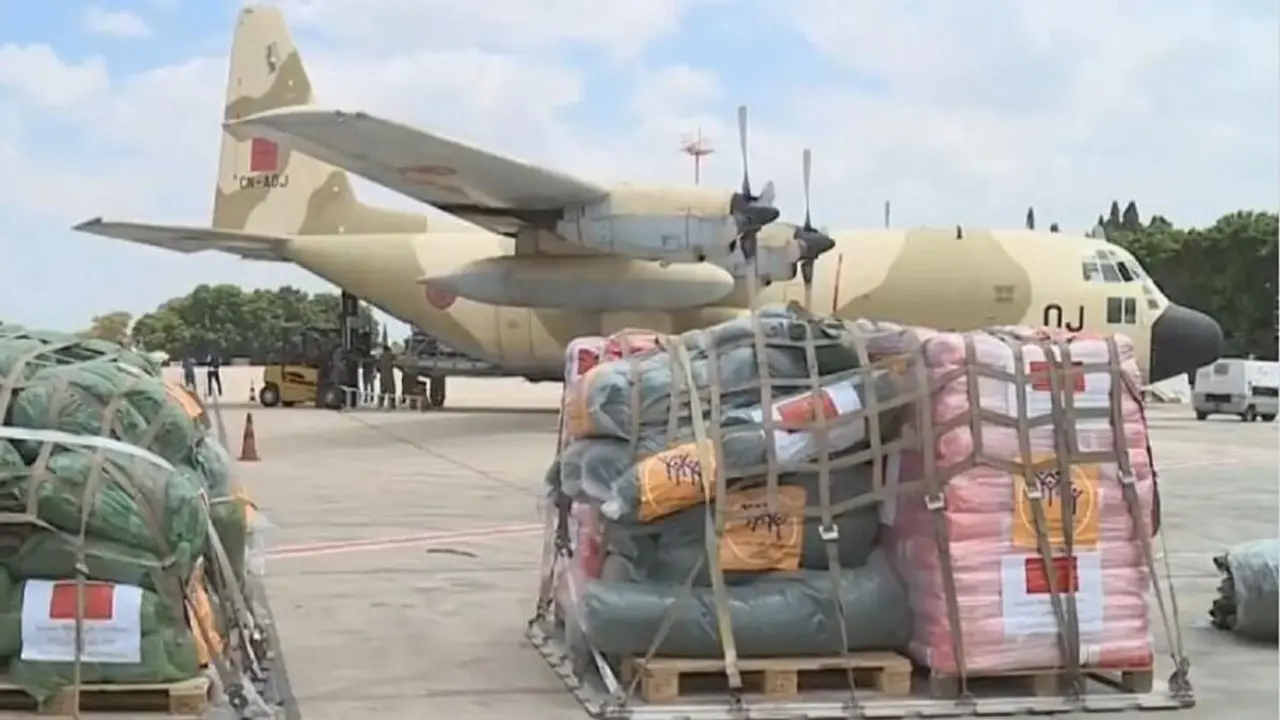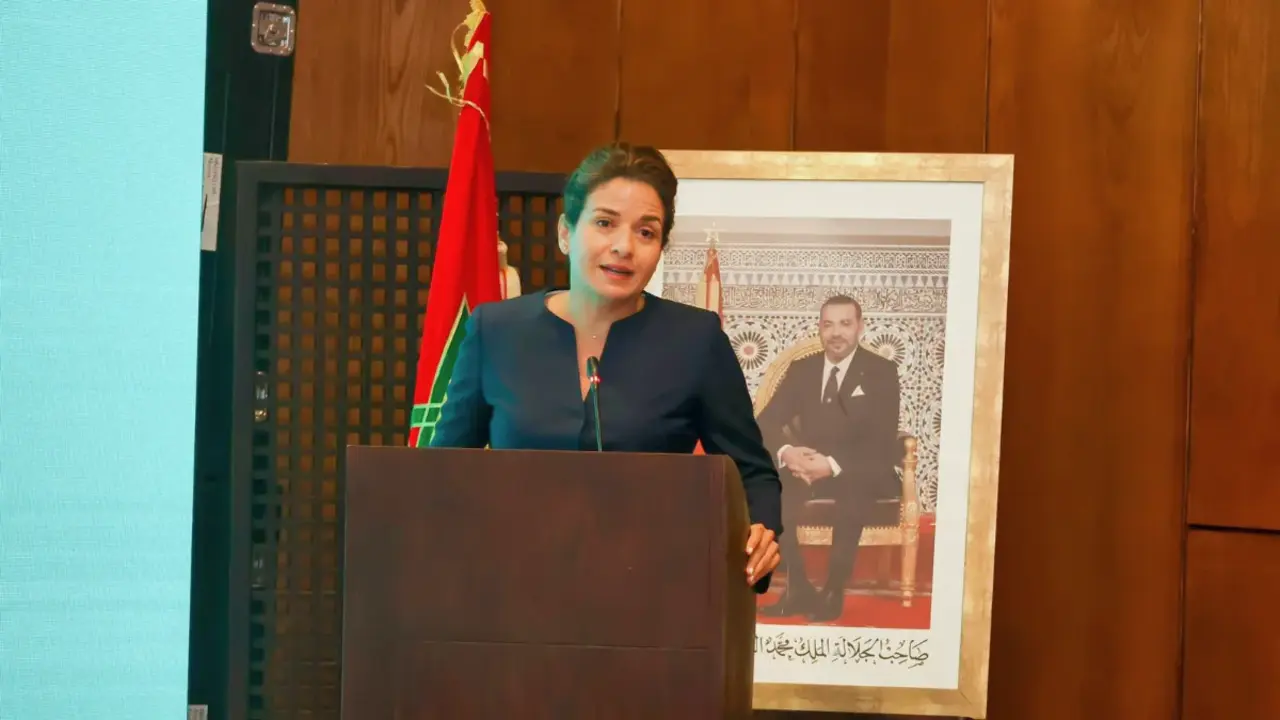Iran continues to suffer severely from the coronavirus pandemic

This Sunday millions of Iranians kept in mourning with their participation in the rituals of Ashura, the most important festival for the Shiites, which this year was adapted to the protection measures demanded by the COVID-19 health crisis.
The Islamic Republic of Iran has now surpassed the 375,000 cases officially diagnosed after 1,642 new infections have been added in the last 24 hours, as the Iranian Ministry of Health itself acknowledged.
At least 21,571 people have already died from the scourge of the coronavirus, with more than a hundred dead adding to this terrible figure this Sunday, according to the Iranian news agency IRNA.
All of this has taken place just when the traditional Ashura has been celebrated, in a way that is totally atypical due to the proliferation of elements such as the obligatory masks to protect against the pathogen and due to the respect for the rules of social distancing that the participating brotherhoods have had to comply with, which tried to respect the indications of physical separation to avoid the spread of the coronavirus; all of this by express order of the national health authorities, a complicated protocol to carry out in large concentrations of people as occurs in this celebration that is so important for the Shiites.

In keeping with the usual shocking scenes of every year, the faithful dressed in black beat their chests and heads with their hands and wept as they remembered the martyrdom of the third Shiite imam Hussein, grandson of the prophet Mohammed, in the battle of Kerbala (present-day Iraq) in 680 AD.
To commemorate the death of this imam at the hands of Caliph Yazid I, an event which marks the beginning of the schism between Shia and Sunni, the two main branches of Islam, the brotherhoods had to make an unusual effort this year and apply restrictions imposed.
In this framework, processional movements were reduced and there was a limit on the presence of people at the celebrations. At the gates of mausoleums such as that of Imamzadeh Saleh in northern Teheran, the faithful formed long queues waiting for some spaces to be freed inside the enclosure, which were highly sought after due to the restrictions on access imposed by the coronavirus pandemic.
"I have never seen anything like this in my life, that people sit at a distance and wear masks and that there are no processions. This year we feel heartbroken," Mohamad Forghani, 70, told the Efe news agency. He also wanted to make it clear that, in any case, "the essence remains, which is to mourn Imam Hussein.
The usual processions on this date, which this year have been more sporadic, are made up of groups of men who flagellate their backs with small whips made of metal chains. Between the drumming and the chants of mourning, the brothers also carry heavy metal structures decorated with feathers and animal statuettes in these rituals.
In other years, the guilds also set up booths to distribute food, refreshments and tea to the participants in the ceremonies, but the COVID-19 has modified this tradition. In most places only packaged food was distributed, mainly to the poor, to avoid crowding and the spread of the virus.

"I am sorry because we could not feed 3,000 or 4,000 people here every night or hold processions by beating our chests until late at night," confessed Mostafa Sameí, one of the people in charge of a hut located in the Tayrish bazaar.
According to the general guidelines of the Persian Ministry of Health, all ceremonies should be held outdoors and at a physical distance. If the regulations are not complied with, the authorities have already threatened to cut off the obligatory aid to the brotherhood in question or to cancel the licence.
.







